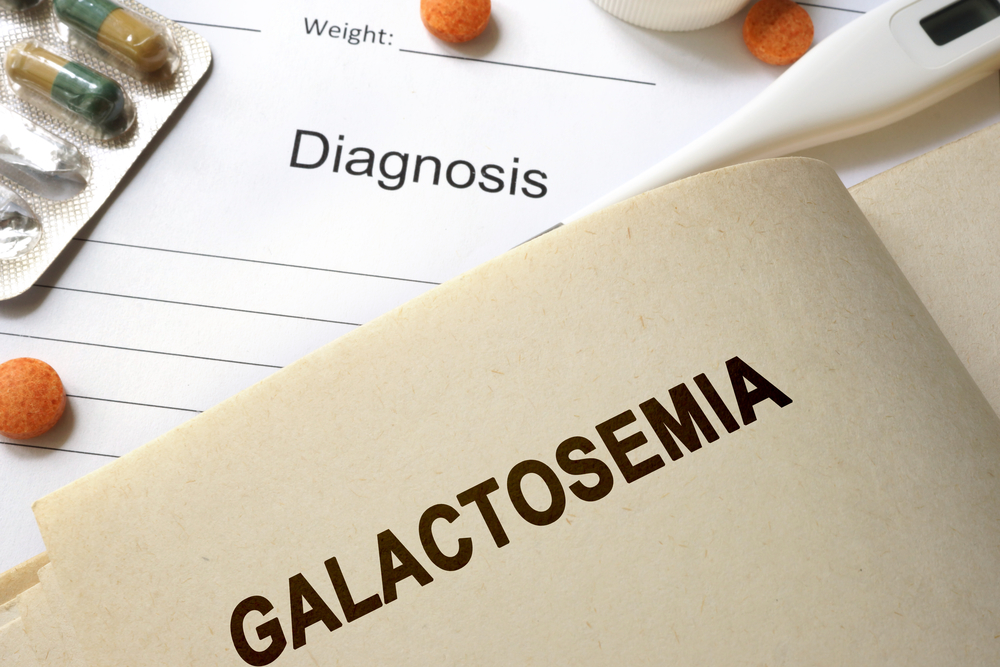Galactosemia, or “galactose in the blood,” is a collection of hereditary diseases that affects the body’s capacity to absorb and generate energy from the sugar known as galactose. Undigested sugars accumulate in the blood when patients with galactosemia consume galactose-containing meals or beverages.
A baby who is born with galactosemia could not acquire the nutrients it needs, which causes serious complications and can be fatal if left untreated. Nevertheless, galactosemia is easy to treat when it is diagnosed early. With immediate treatment, children who acquire it can live normally.


